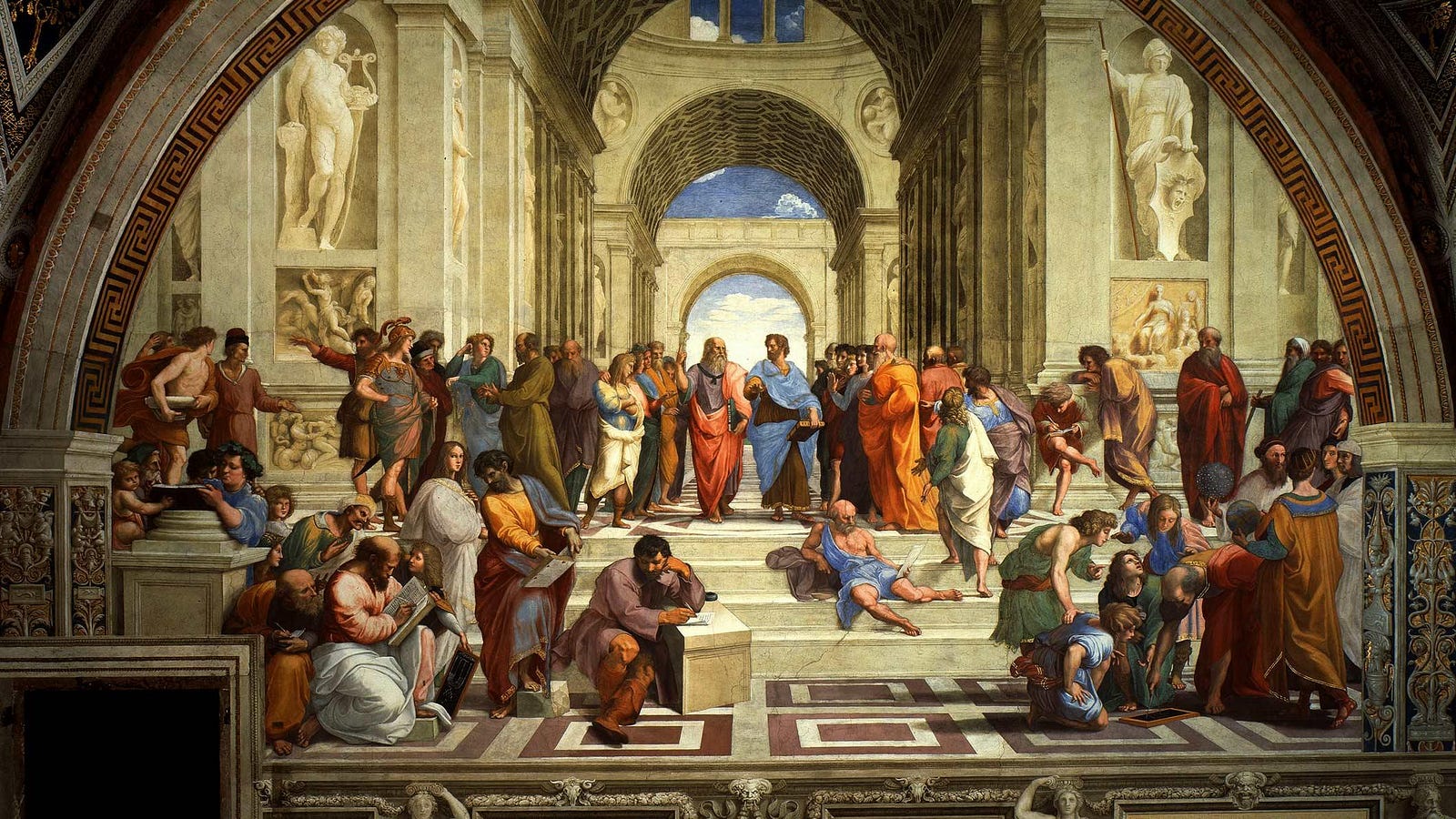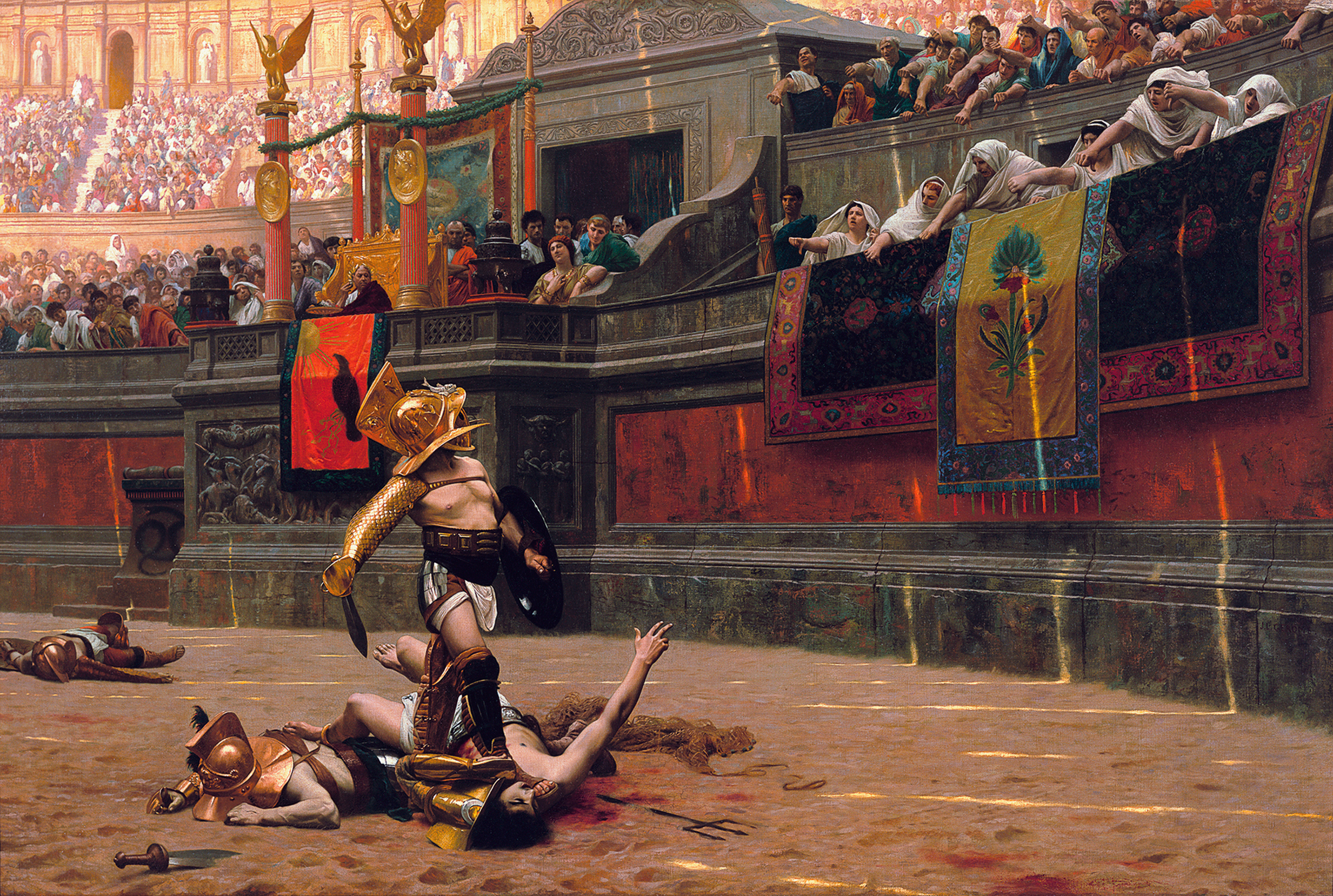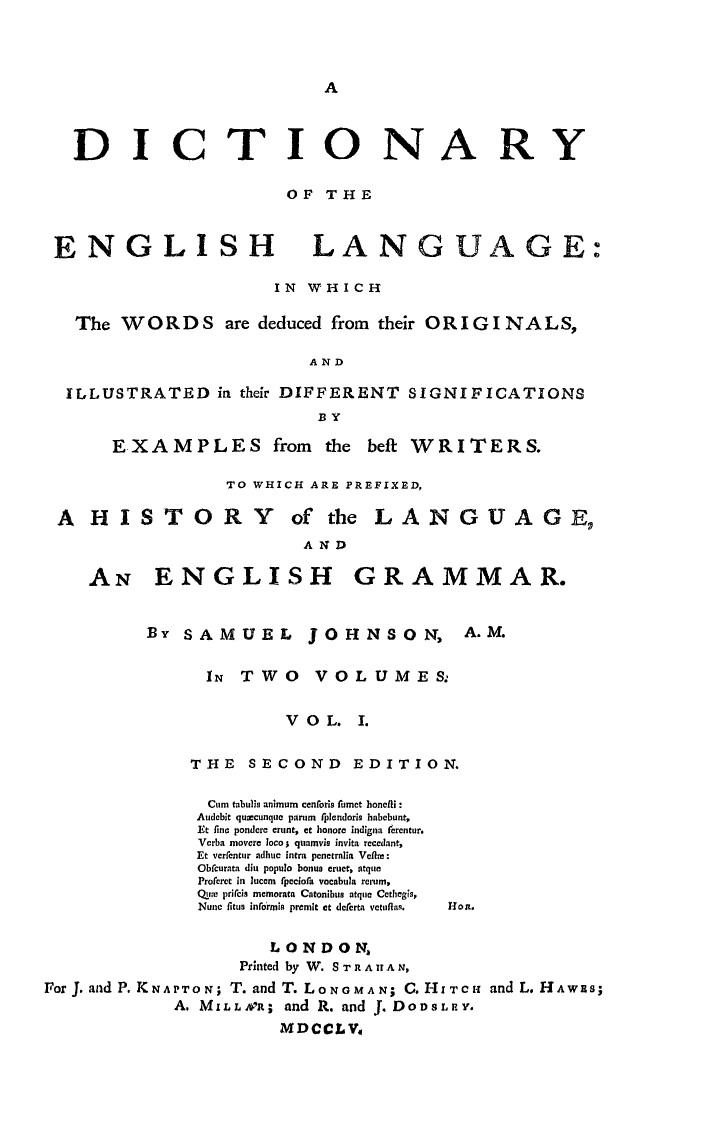I remember when my best friend first got a cell phone. We were in junior high, and the new Razor was “all the rage.” As more people were given phones and IPods by their parents, I occasionally felt left out. I understood why my parents didn’t get me one: they were expensive, took up time, and my friends always let me borrow their phones when I asked them. Still, I wished I could have one so I didn’t have to be, I imagined, the only one without one.
My parents had promised that they would get me a phone when I went away to college. They kept that promise, and as part of my graduation they gave me my very own hot pink Razor.
 |
| Motorola's Pink Razor |
Is Having Technology Really a Benefit?Antione Nicolas de Condorcet wondered whether or not man would continually advance as new discoveries and inventions were made. I’m sorry, Condorcet, but I believe the answer is ‘no’ as well as ‘yes.’ With the technology man has access to today, answers to questions can be found in a matter of seconds and people across the world can talk together instantly. Unfortunately, even with advancements are prices to be paid. With the help of our technology comes a new level of entitlement, lasciviousness, laziness, greed, fear, and anger. These qualities have always been a part of mankind, but seem to have become endlessly amplified through the gift of ‘advancement.’
I had never before been unthankful for something that my parents gave me, but to be given a piece of outdated technology was too much, I guess. Perhaps we should try to think back on the days when NOBODY had technology and just learn to be grateful?
Image Credit: https://www.amazon.com/Motorola-V3-Unlocked-Player-International-Pink/dp/B000CQVMYK






















